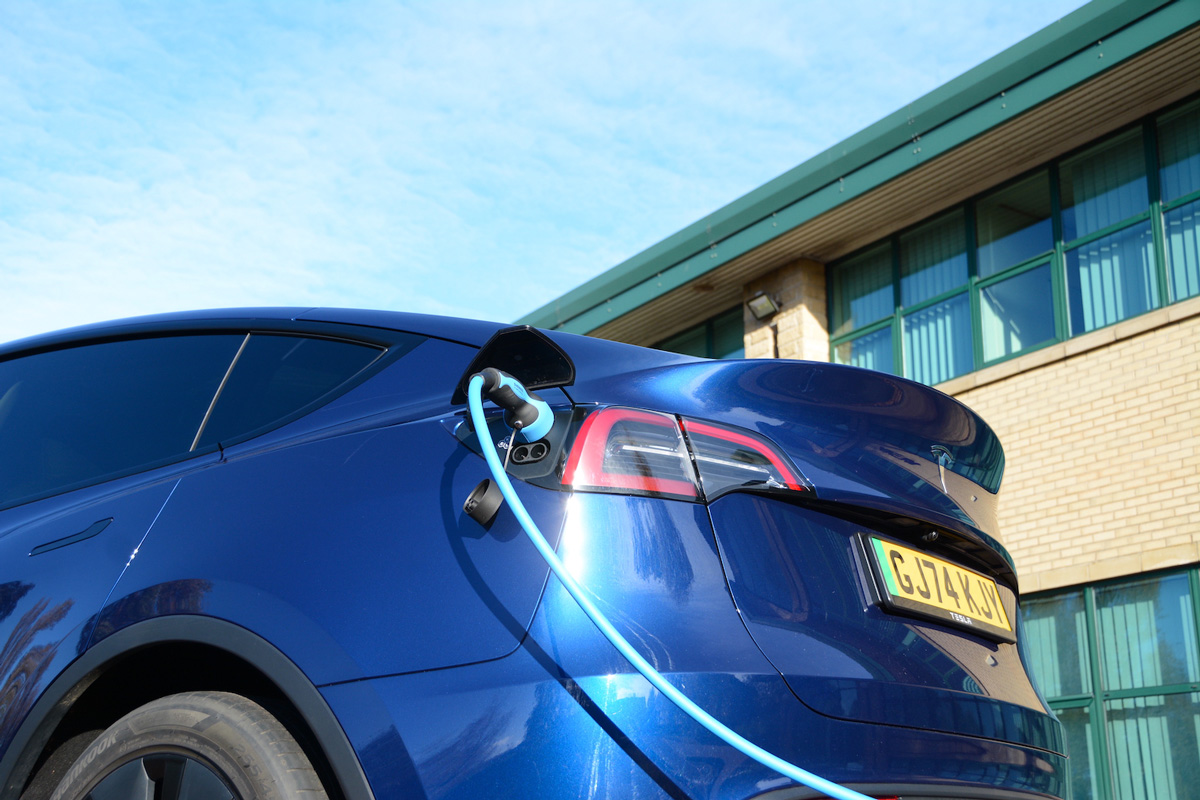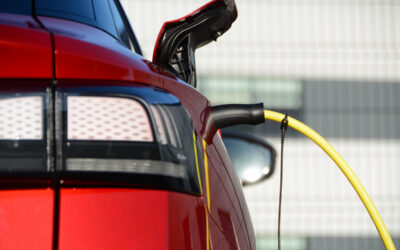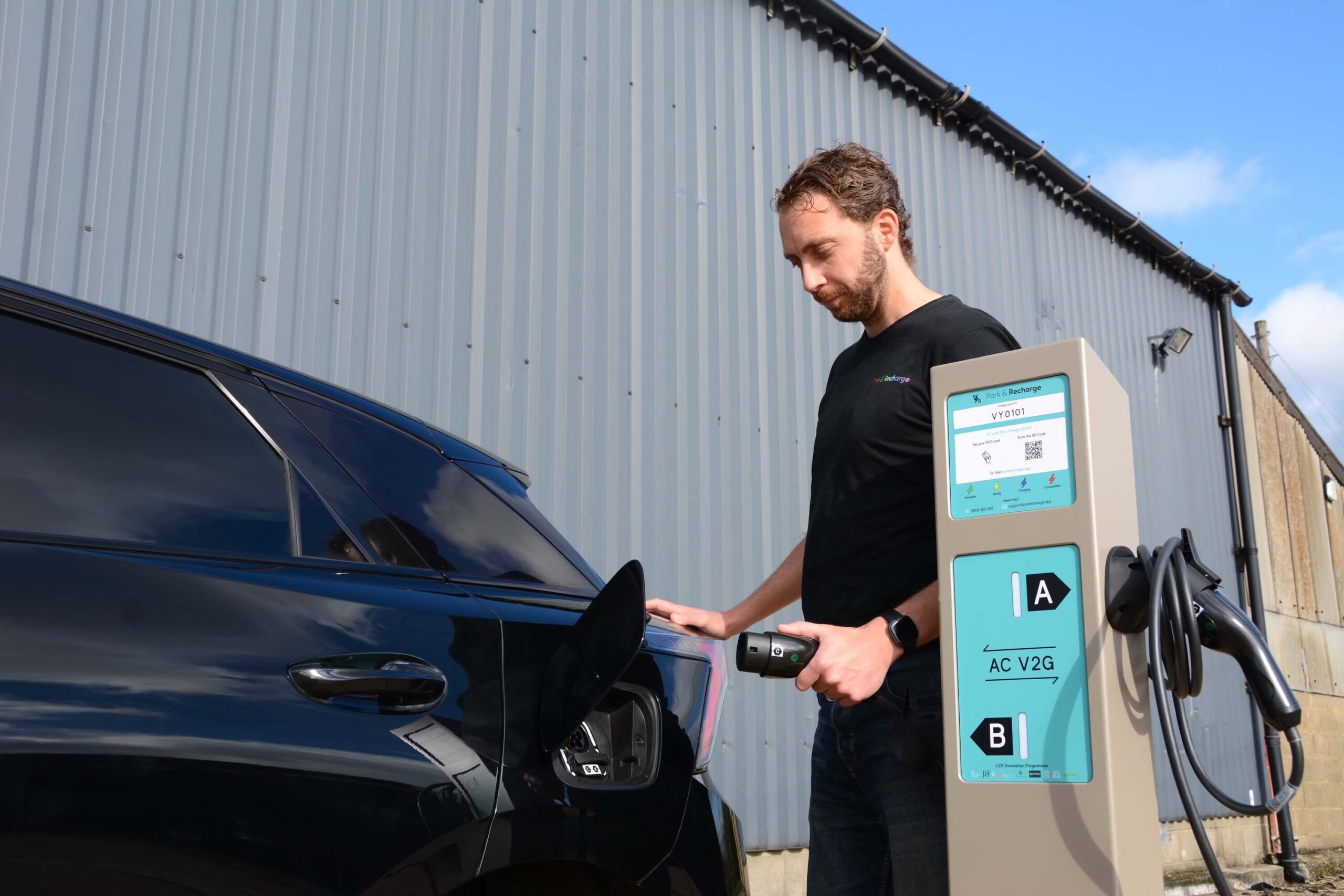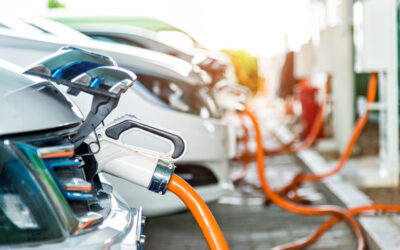Organisations need to disclose their fleet emissions as part of the UK’s new Sustainability Disclosure Requirements – are they ready?
The UK Sustainability Disclosure Requirements (SDR) framework mandates companies and financial institutions to disclose their impacts on the environment and society from 1 January 2026, including their climate impacts and vehicle carbon reporting.
The SDR aims to achieve consistent reporting standards, with companies needing to report their Scope 1, 2 and 3 carbon emissions and their UK energy use, including transport fuel. Scope 2 greenhouse gas (GHG) emissions include the electricity used to power any electric vehicles (EVs), whether they are charged on the company premises, or off-site.
Such reporting is crucial for sectors with significant transportation activity, as it contributes significantly to overall carbon footprints, but organisations that need to report CO2 emissions often struggle to get accurate data about the emissions associated with the charging of EV fleets.
However companies are now able to monitor and significantly reduce their carbon emissions from charging electric vehicles in the workplace using new technology from CrowdCharge. Harnessing artificial intelligence (AI), CrowdCharge enables accurate measurement of real-world EV charging emissions, which in itself can result in carbon savings of around 40% compared to standard EV emission reporting figures.
Fleets can achieve CO2 savings of 63%
Further carbon reductions of up to 25% can be made by using CrowdCharge intelligent AI-powered smart charging software. Latest data shows that fleets can achieve CO2 savings of 63% in total – with reductions of up to 89% in some cases.
This represents a significant breakthrough which enables companies and other organisations with fleets to achieve game-changing improvements for carbon reporting and as part of their progress to net zero.
As well as reducing Scope 2 emissions, organisations can benefit from lower energy bills, helping to make EVs even more cost effective.
CrowdCharge’s technology can also help to reduce the need for grid upgrades for commercial sites by intelligently managing the charging of multiple EVs.
Mike Potter, CEO of CrowdCharge, says:
“Electric vehicles can help individuals, businesses and the UK as a whole to achieve significantly lower carbon emissions, but only if the EVs are charged with low-carbon electricity. The challenge is that most organisations don’t know what the carbon emissions are each time an EV is charged.”
The industry-leading smart charging solution optimises the time at which an electric vehicle is charged based on the carbon intensity of the electricity generated by the National Grid, which in turn is influenced by the proportion of renewable energy used.
By providing data about the carbon emission savings of fleets, the CrowdCharge technology can assist companies in their Environmental, Social and Governance (ESG) journey.
Americo Lenza, COO of CrowdCharge, adds
“Our AI-driven software measures the carbon emissions involved in charging and optimises charging to achieve the lowest possible carbon footprint, so ensuring that electric vehicles have significantly lower real-world carbon emissions than petrol vehicles.”
CrowdCharge, a unique AI-powered technology with patented optimisation tools developed via world-leading research within the energy industry, helps to unlock maximum value from V2X (vehicle to everything) services across individual vehicles to fleets and workplace ecosystems, enabling them to better predict and manage usage, and to save money and carbon.
The Innovate UK V2VNY vehicle to grid (V2G) project which is trialling V2G using AC (alternating current), a more affordable solution than vehicle to grid charging using DC (direct current), features partners including CrowdCharge and DriveElectric.
CrowdCharge is a sister company to DriveElectric, a leading EV leasing broker specialising in supporting the transition to electric vehicles for organisations on their journey to net zero.




